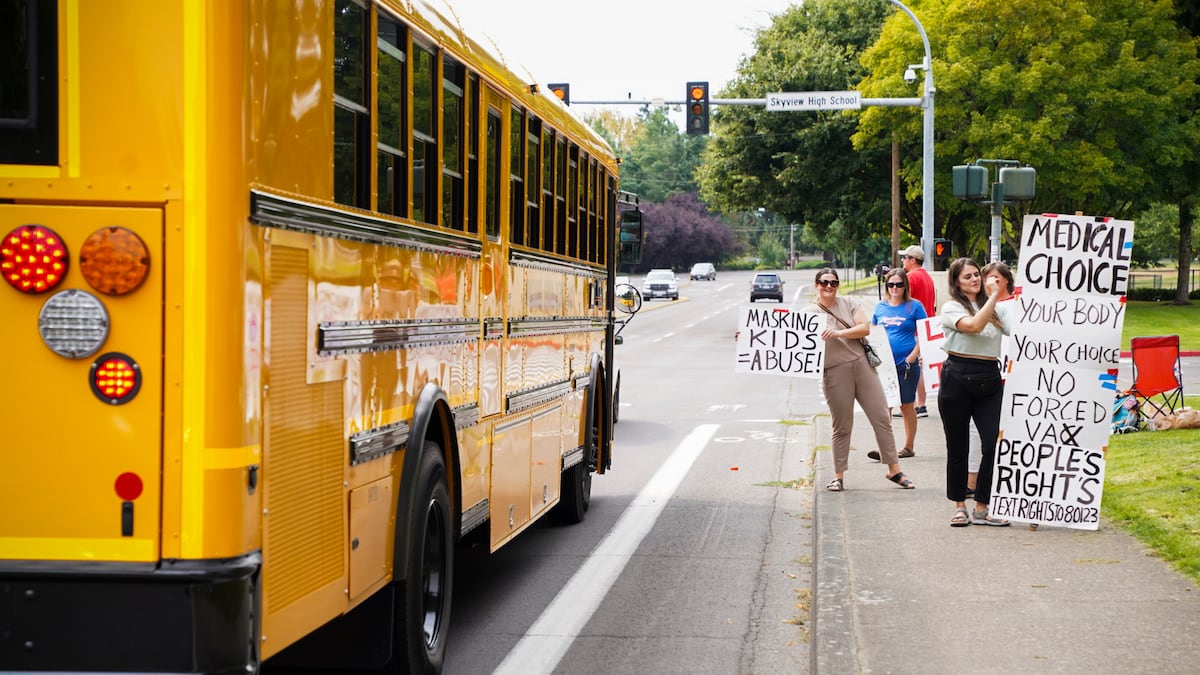That calculates out to having to know over 500 people before you know one who has died. The average social circle size is 150 which translates to about 1 in 4 social circles have had a covid related death or 25% of the population has lost someone they know about. It's not insignificant but it's also important to realize that a significant part of the population will not be impacted by a covid related death.
That's an interesting concept, that the death rate to make everyone personally expiriance a death has to hit 1 in 150 based on average social size... Personal example: the supermarket I shop at the most popular, friendy and engaging staff member died from COVID-19 and then their car was stolen by grave-robbing thieves days after they passed knowing their estate was now left undefended. 10k people must have known and had a positive personal impression of that person and the robbery amplified their passing in the local papers and news. Very few will have been under the assumption they may have just left that job.
That kind of consideration, though, sounds like a political issue...? I can't think of any other use for a metric like that other than to be used to guage public opinion and the optics on a governance reaction to a situation? Thinking of another example, relying on personal impact it would be like ignoring the AIDs epidemic in the 80's because they were under the naieve and wrong impression that it only effected gay men and... oh... no, that didn't go well at all did it...?
An incumbent government needs a majority vote to stay at the controls, so to guarantee that, to put a number on it, lets say they desire and aim for 50.1% of the vote. Back of envelope calculations assuming someone who loses a loved one equates it to a failure of government and solomely swears not to vote for the people who lost them that person, and a lost voter, a death rate of 1 in 299 would need to be avoided to assume a 50.1% return at the polls.
I know its not exactly as simple as that, social circles can overlap and one person can be known by many more than just 150 people, there is the infection rate, there is the long term illness rate, the rate of children becoming sick Infront of their parents eyes etc but I can only see death rate based on impact at personal level being used to balance political concerns?
Government wants to keep the economy running because what is more important than indevidual lives? The Greater Good in keeping everything running and functioning to a level where people are kept comfortable enough to keep voting for the incumbents to keep them at the helm too, so...
Is what we are saying here, basically, that a Capatalist Democracy's rulers reaction to a pandemic can only ever be a politically driven socialist response of encouraging personal sacrifice of one's potential/saftey/life for The Greater Good of keeping the economy ringfenced, with the limit on how how fast the crisis can be allowed to unfold being that of how big the average social size is so it can restrain negative optics to keep the electorate at a realistic potential for the next election?
If so, one thing has not been taken into account: Time.
If the crisis continues long enough (indefinately) the chance of being personally effected increases to the point of it being a 100% certainty.
It's probably why there is now a narrative to 'live with covid'. Yeah it took them 40 years to get people to wear seatbelts its going to take more than one term to get that into the collective consciousness.






